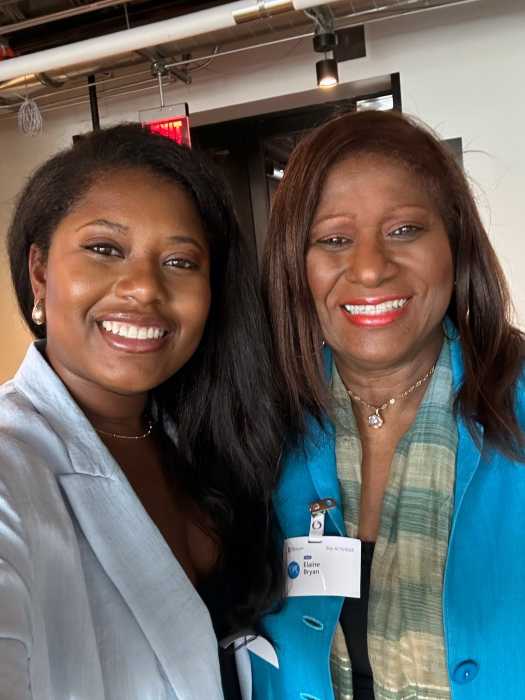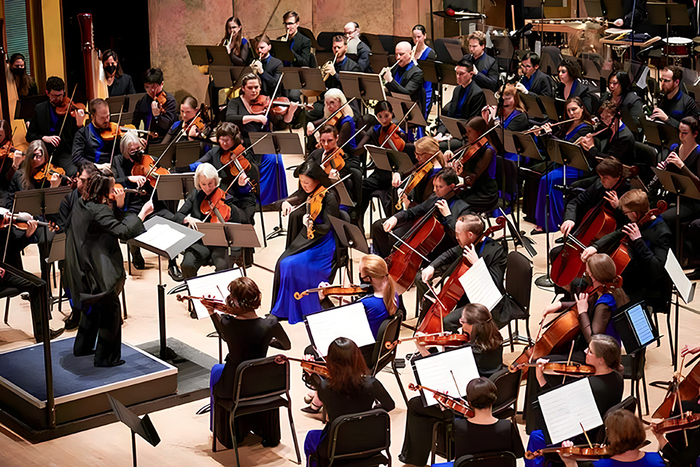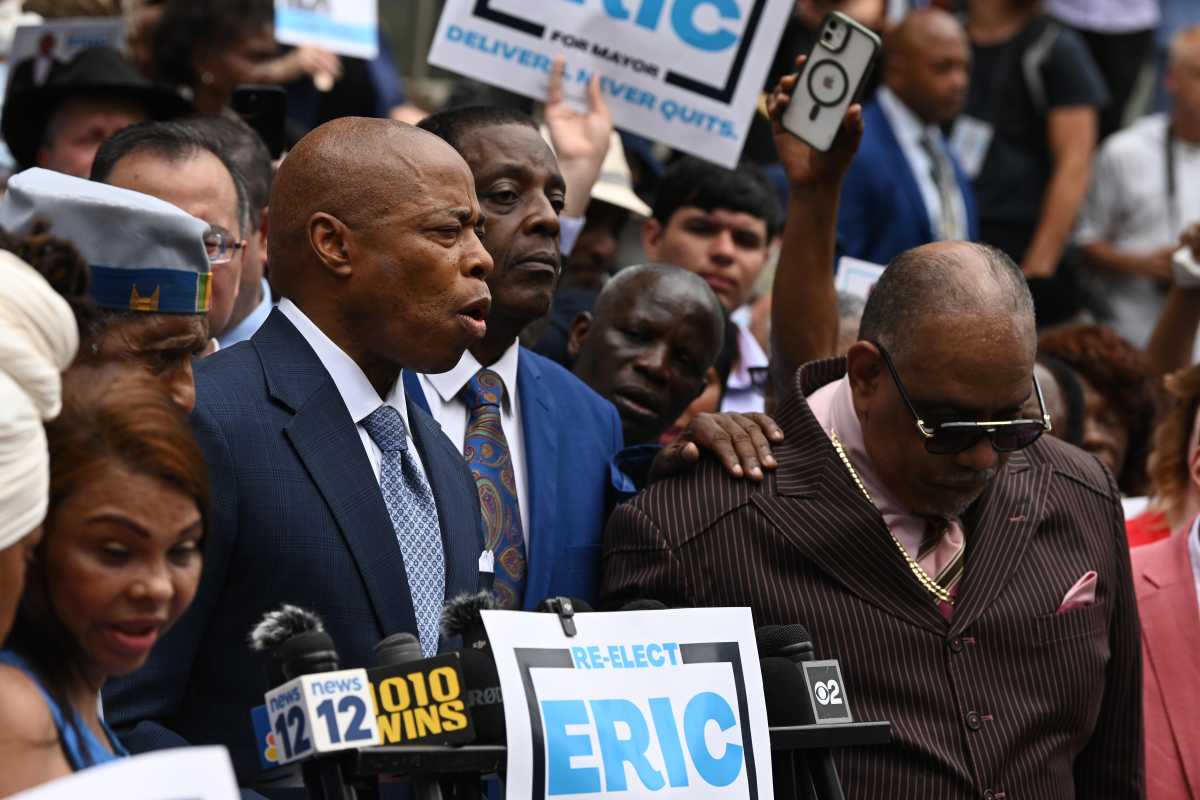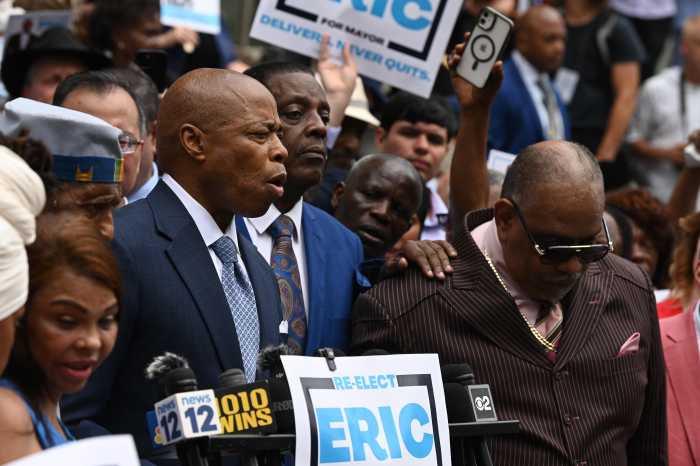Words are not simple. Maya Angelou said they are things. They are absorbed by people, they fill up rooms, they settle on furniture maybe…like dust. Further, I believe that words carry spirits and intentions. They are magic in that they have the ability to transform, be it for creative or destructive purposes.
So as the daughter of ancestors who were enslaved Africans and as one who is a public relations and marketing professional, I take exception to the word “brand,” the industry term that is so commonly used to articulate one’s identity in the market place.
Recently, I was at the New School in New York City where I spoke at a conference entitled, Re-Mixed and Re-Mastered: Defining and Distributing the Black Image in the Era of Globalization. I was a panelist at the Developing Your Brand and Audience Using Social Media discussion. It was targeted for media makers, mostly those who make films. The discussion was robust and I think invigorating for all of us.
At one point, however, I expressed my long-standing objection to the marketing terms “brand” and “branding.” I actually loathe the words and don’t use them at my agency. I get that they are popular industry terms. Don’t care. And I understand the possible dismissive reaction to my stance. Still don’t care because my work in the communications field is less important than my advocacy for family members who were enslaved. I also don’t belittle and label my ancestors as “slaves.” Rather, I acknowledge what happened to them: They were enslaved Africans. (At the panel, no one seemed to disagree with my explanation, by the way).
During the American era of enslavement, Black people in this country were sold as chattel and marked, with branding rods, for identification and ownership purposes. So when I hear “brand,” my mind conjures up images of sizzling, burned flesh. I hear my enslaved ancestors wailing. I hear screams that are like sirens, piercing. I don’t want to but I can’t help but see images of a great, great aunt perhaps, restrained and anchored by rusty chains. The “slave trader” is holding a branding rod that has been fired up. Maybe it has the letter “W” on it. My relative is scrambling desperately to dodge the scorching hot rod that is aimed at her left shoulder blade. She can’t escape and must submit. Her family is nearby watching her body jolt with unimaginable pain. Her eyes roll back and she passes out. Her husband, her daughters, and her siblings are nearby watching, horrified. They would give their lives to have her released but they have no power that will save her in that moment. Wailing inconsolably, they smell her seared flesh. They also smell their own vomit. They are next.
I am tethered to my history and my ancestors are ever-present. Their presence is not rhetorical. I recall them as real live people who had skin and bones. I think about their feelings, their ideas, and their aspirations. I think about what they cooked, what smells lingered in their homes. I hear girls laughing, hands playing in the soil, hips moving…all of it. When I gaze at the moon, I wonder about what they thought when they did the same. They constantly call me by name so I honor them in word and in deed.
As a business owner of African ancestry whose work requires that I shape and transmit messages, I opt not to use the word “brand” in my conversations about marketing. Of all the freedoms that I have today, surely I can disregard industry norms that don’t suit me. Navigating the marketplace in today’s business world need not be analogous to inhumane behavior. The notion or process of identifying and promoting one’s mark (marketing) is, in essence, about finding one’s own signature, one’s own “unique” – my two substitute words.
I do understand that it’s common for people to use words, but not know their depth or historical context. I get it but I’ve never been that casual. It’s doubtful that my feminine energy, search-for-the-deeper meaning Gemini self will ever have such a superficial relationship to anything, especially words. I’m grateful that I am free to define my own terms.
“Like” this blog entry, share your thoughts, make your comments public, and/or see other writings by going directly to www.aprilRsilver.com
April R. Silver silver@aprilRsilver.com. is a social entrepreneur, activist, and writer/editor. She is also founder and president of AKILA WORKSONGS, Inc. (est. 1993).

























